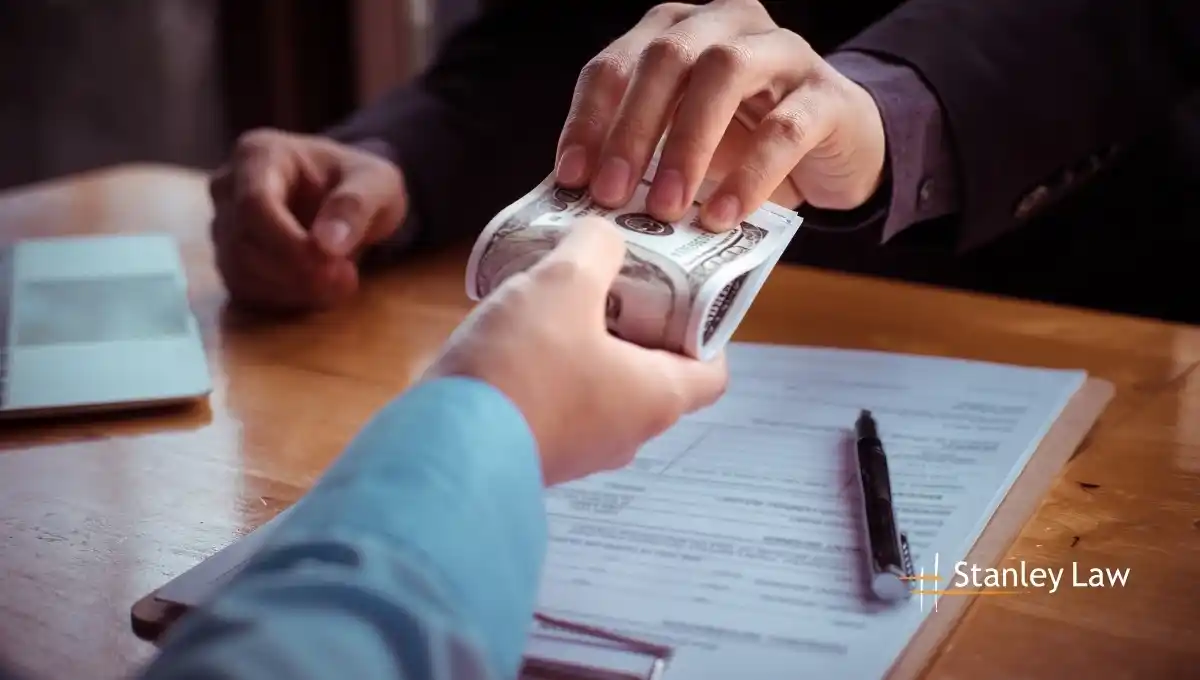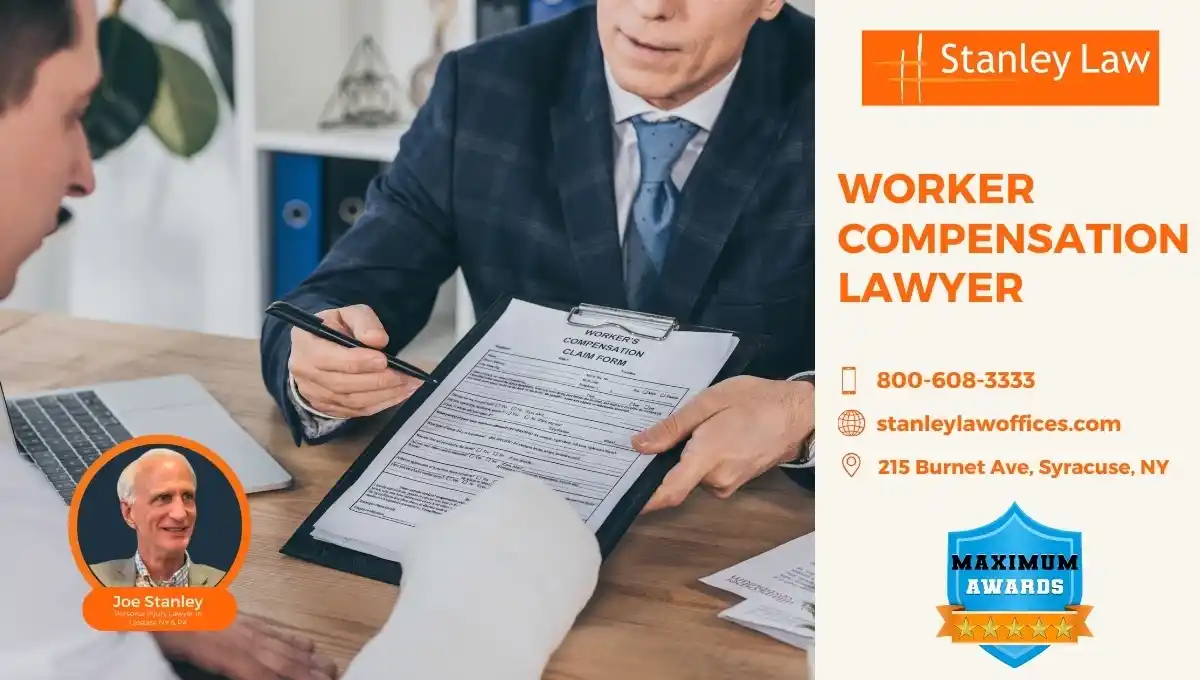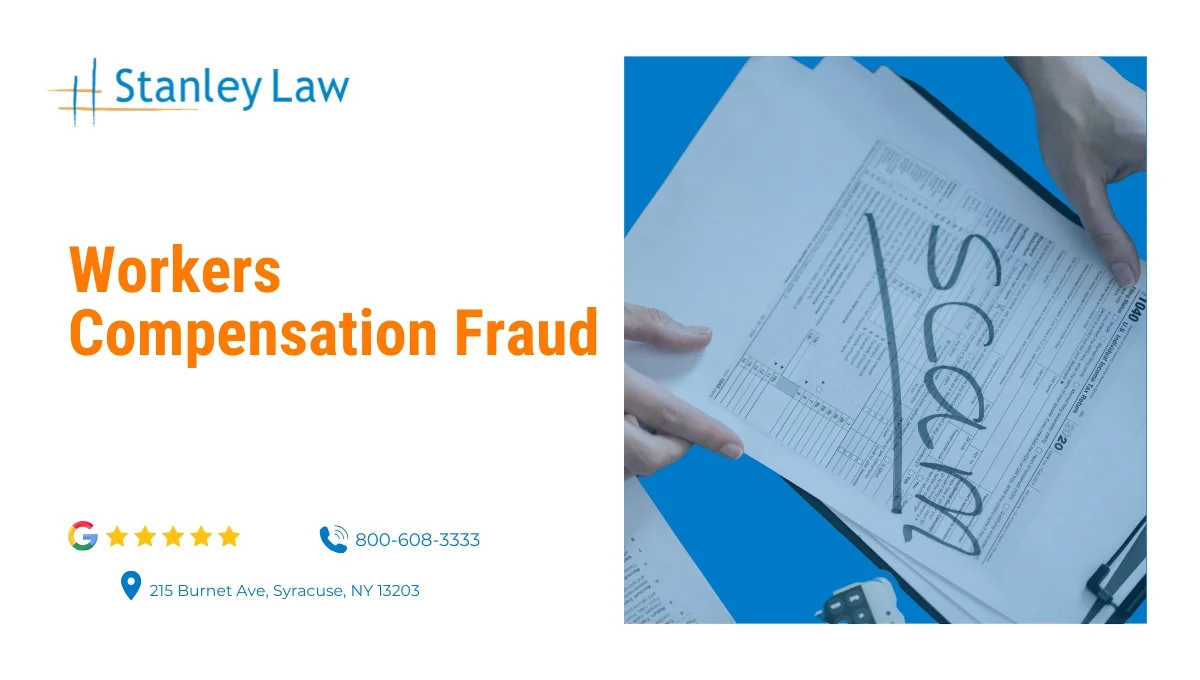Workers’ comp fraud can affect anyone—employees, employers, and workers’ compensation system. What many people don’t realize is how serious this fraud can be. It costs businesses millions of dollars yearly and makes it harder for honest workers to get the benefits they deserve. In this blog, we’ll explain workers’ comp fraud, the types of fraud that can occur, and how you can protect yourself. Whether you’re an employee worried about your benefits or an employer seeking to protect your business, this article will help you deal with fraud effectively.
Understanding Workers’ Compensation Fraud
Workers’ compensation provides financial and medical benefits to employees injured or sick at workplace. However, like any system involving money, it’s vulnerable to abuse. Fraud occurs when someone intentionally deceives the system for financial gain, impacting everyone involved.
What Is Workers’ Comp Fraud?
Workers’ comp fraud happens when individuals or businesses intentionally falsify or misrepresent information to obtain workers’ compensation benefits they are not entitled to. Both employees and employers can be guilty of fraud. Examples include exaggerating or faking injuries, misclassifying workers to reduce insurance premiums, or underreporting payroll. Fraud takes away resources from the system, making it harder for real claims to get the help they need.
Perspectives on Workers’ Compensation Fraud
Workers’ compensation fraud affects employees and employers, but their challenges differ. Let’s explore these perspectives to understand the impact on each party better.
Workers’ Perspective
Workers sometimes face false fraud accusations, even when their injuries are legitimate. These accusations can be stressful, making it difficult to access the benefits they’re entitled to.
Common Types of Fraud Affecting Workers
Workers may encounter several forms of fraud, including:
- Misclassifying Employees: Employers might wrongfully classify workers into less risky job categories to lower insurance premiums, leaving employees underinsured.
- Underreporting Payroll: Employers reduce insurance costs by reporting lower payroll figures, affecting workers’ compensation claims.
- Falsifying Injury Reports: Employers may downplay or misreport the severity of an injury, preventing workers from receiving proper benefits.
- DenyingLegitimateClaims: Employers may unjustly deny or delay valid workers’ compensation claims to avoid paying benefits.
- Failure to Report Injuries: Some employers may neglect reporting workplace injuries to insurance companies, preventing workers from receiving timely benefits and medical treatment.
Employers’ Perspective
For employers, workers’ compensation fraud can lead to financial losses, increased insurance premiums, and workplace disruptions. Fraudulent claims also create a lack of trust between employees and management.
Types of Fraud Claims Employers Face
Here are some common fraudulent claims that employers may encounter:
- Injury Exaggeration: Employees may overstate their injury’s severity to extend benefits and delay their return to work.
- Injury Fabrication: Workers may falsely claim that an injury occurred at work when it actually happened elsewhere.
- Working While Receiving Benefits: Some employees collect workers’ comp while secretly working another job, violating the system.
- Delayed Recovery: Workers might claim they’re still recovering to continue receiving benefits, even when fit to return to work.

Consequences of Workers’ Compensation Fraud
The consequences of workers’ compensation fraud are significant, affecting workers and employers in various ways.
Impact on Workers
Fraud within the workers’ compensation system can seriously affect employees, even when others commit fraud. Here are some key consequences for workers:
- Decreased Benefit Availability: Fraud can remove funds from the workers’ compensation system, leaving less for people who truly need it.
- Increased Scrutiny: Because of fraud, all claims get checked more closely, causing delays for workers with valid claims.
- Complicated Claims Process: Fraud prevention measures can complicate claims, frustrating workers who need quick pay.
Impact on Employers
Employers face significant consequences due to workers’ comp fraud, which can affect them in several ways:
- Increased Financial Burden: Fraudulent claims often result in financial penalties and higher insurance premiums, increasing operational costs.
- Deterioration of Workplace Morale: Fraudulent claims can damage trust between employees and management, causing lower workplace morale and productivity.
Preventing Workers’ Comp Fraud
Both employees and employers can help prevent workers’ compensation fraud. Here are some best practices to protect the integrity of the system.
Best Practices for Workers
To ensure proper handling of your workers’ compensation claim and avoid potential issues, follow these best practices:
- Accurate Reporting: Report your injury immediately and provide detailed, honest information about your condition and treatment.
- Clear Communication: Stay in contact with your employer and insurer. Clarify any uncertainties and keep all information updated.
- Keep Detailed Records: Document all medical visits, treatments, and conversations about your claim. These records can help settle any issues in your case.
Best Practices for Employers
Employers can prevent fraud by taking the following proactive steps:
- Document Everything: Keep clear records of workplace injuries, employee roles, and claim communications. Good documentation clarifies valid claims and reduces misunderstandings.
- Establish Clear Communication: Give clear instructions for reporting injuries and emphasize the importance of accurate information.
- Training and Awareness: Educate employees and managers about the signs of fraud and the importance of following proper reporting procedures.
Reporting Workers’ Compensation Fraud
Both workers and employers play a vital role in reporting workers’ compensation fraud. Here’s how to do it:
- Gather Evidence: Gather all documents that support your fraud suspicions, including injury reports, medical records, and payroll details.
- Notify Your Insurance Carrier: Report suspected fraud to your workers’ compensation provider for investigation.
- Contact the New York State Workers’ Compensation Board: If you suspect fraud, file a complaint with the New York State Workers’ Compensation Board for investigation and guidance.
- Use the Fraud Hotline: To report suspected workers’ compensation system fraud, call the New York State Fraud Hotline at (888) 998-3141.
- Additional Reporting for Employers: Employers can also report fraud to the New York State Department of Financial Services at (800) 342-3736 or visit their website.
What to Do If You’re Accused of Workers’ Comp Fraud
Being accused of workers’ compensation fraud is a serious matter. Here’s what to do if you find yourself in this situation:
Recognizing False Accusations
Understanding wrongful accusations can help you respond effectively. Look for these signs:
- Confusing Evidence: The evidence presented against you doesn’t seem clear or relevant.
- Inconsistent Records: Mistakes or discrepancies in the records might suggest false accusations.
- Unusual Attention: You might face more scrutiny than others, which could mean a wrongful accusation.
Seeking Legal Help
Consulting a lawyer is crucial if you face workers’ compensation fraud accusations. A lawyer can assist you in several key ways:
- Provide Expert Guidance: Workers’ compensation lawyers provide expert advice on how to respond to allegations.
- Build a Defense: Legal experts can help gather evidence, identify inconsistencies, and prepare your defense.
- Handle Legal Procedures: A lawyer ensures you follow the correct legal steps, meet all deadlines, and fulfill procedural requirements.
- Protect Your Rights: A lawyer advocates for your rights at every investigation stage and legal proceedings.
Contact Stanley Law Office
If you’re dealing with workers’ compensation issues or facing fraud accusations, Stanley Law Office is here to help. We offer free consultations for both workers and employers.
Why Choose Us?
- Expertise: Our team has over 90 years of workers’ compensation law experience, including fraud cases. We can offer expert guidance for your situation.
- Experience: We have successfully helped countless clients resolve their claims and address fraud-related challenges.
For expert advice and support, contact Stanley Law Office today to schedule your free consultation. Call us or fill out our contact form to get started.

Conclusion
Workers’ compensation fraud is a serious issue affecting both employees and employers. You can protect yourself from its consequences by recognizing the signs of fraud, taking preventive measures, and seeking legal help.
For expert guidance on handling workers’ compensation issues, contact Stanley Law Office today. Don’t wait—schedule your free consultation and let us help you set things up correctly.
What Are the Most Common Misconceptions About Workers’ Comp Fraud?
A common misconception is that only employees commit workers’ comp fraud. However, employers can also engage in fraud by misclassifying workers or underreporting payroll.
How Can I Protect Myself from Being Accused of Workers’ Compensation Fraud?
To avoid false accusations, make sure your claim is accurate and consistent. Keep detailed records of your injury, medical treatments, and communications with your employer and insurer. Avoid actions that could seem fraudulent, like working while receiving benefits or exaggerating your injury.
What If My Workers’ Compensation Claim is Denied?
If someone denies your claim, review the denial letter to understand the reason. You can appeal the decision by providing additional evidence. Consulting a workers’ compensation lawyer can help strengthen your appeal.
Can Employers Be Held Liable for Workers’ Compensation Fraud?
Yes! Employers can be held liable for workers’ compensation fraud. Misclassifying employees or underreporting payroll can lead to serious legal consequences.
What Will a Workers’ Compensation Lawyer Do For Me?
A workers’ compensation lawyer helps you understand your rights, gather evidence, and represent you in disputes or hearings. They also defend you against fraud allegations.
Why Do People Commit Workers’ Compensation Fraud?
People commit workers’ compensation fraud primarily for financial gain, either out of desperation or because they believe they can exploit the system without facing the consequences.

